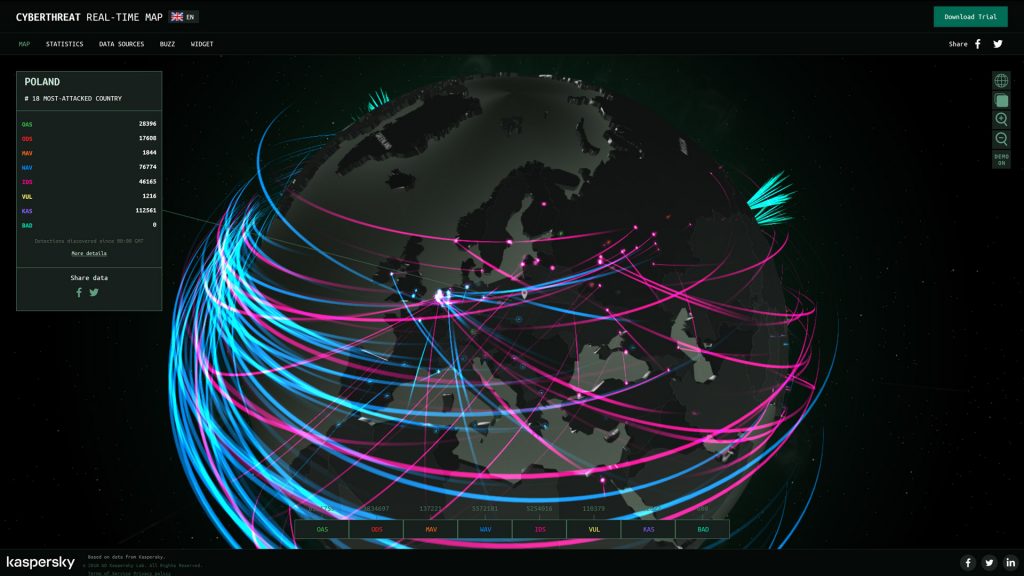
Kaspersky Lab (/kæˈspɜːrski/; Russian: Лаборатория Касперского, tr. Laboratoriya Kasperskogo) is a Russian multinational cybersecurity and anti-virus provider headquartered in Moscow, Russia[1] and operated by a holding company in the United Kingdom. It was founded in 1997 by Eugene Kaspersky, Natalya Kaspersky, and Alexey De-Monderik; Eugene Kaspersky is currently the CEO. Kaspersky Lab develops and sells antivirus, internet security, password management, endpoint security, and other cybersecurity products and services.[4]
Kaspersky expanded abroad from 2005 to 2010 and grew to $704 million in annual revenues by 2020,[5] up 8% from 2016, though annual revenues were down 8% in North America due to U.S. government security concerns.[6] As of 2016, the software has about 400 million users and has the largest market-share of cybersecurity software vendors in Europe. Kaspersky Lab ranks fourth in the global ranking of antivirus vendors by revenue.[7] It was the first Russian company to be included into the rating of the world’s leading software companies, called the Software Top 100 (79th on the list, as of 6/29/2012). Kaspersky Lab is ranked 4th in Endpoint Security segment according to IDC data for 2010.[8] According to Gartner, Kaspersky Lab is currently the third largest vendor of consumer IT security software worldwide and the fifth largest vendor of Enterprise Endpoint Protection. In 2012 Kaspersky Lab was named a “Leader” in the Gartner Magic Quadrant for Endpoint Protection Platforms.[9]
The Kaspersky Global Research and Analysis Team (GReAT) has led the discovery of sophisticated espionage platforms conducted by nations, such as Equation Group and the Stuxnet worm. Various covert government-sponsored cyber-espionage efforts were uncovered through their research. Kaspersky also publishes the annual Global IT Security Risks Survey.[10] As of 2014, Kaspersky’s research hubs analyze more than 350,000 malware samples per day.[11]
Kaspersky has faced controversy over allegations that it has engaged with the Russian Federal Security Service (FSB)—ties which the company has actively denied. The U.S. Department of Homeland Security banned Kaspersky products from all government departments on 13 September 2017. In October 2017, subsequent reports alleged that hackers working for the Russian government stole confidential data from the home computer of an American National Security Agency contractor via Kaspersky antivirus software. Kaspersky denied the allegations, reporting that the software had detected Equation Group malware samples which it uploaded to its servers for analysis in its normal course of operation. The company has since announced commitments to increased accountability, such as soliciting independent reviews and verification of its software’s source code, and announcing that it would migrate some of its core infrastructure for foreign customers from Russia to Switzerland.
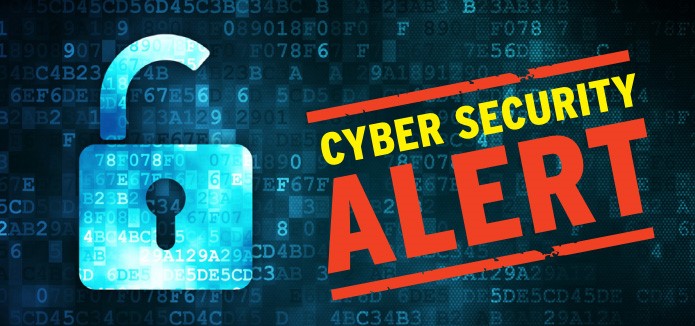
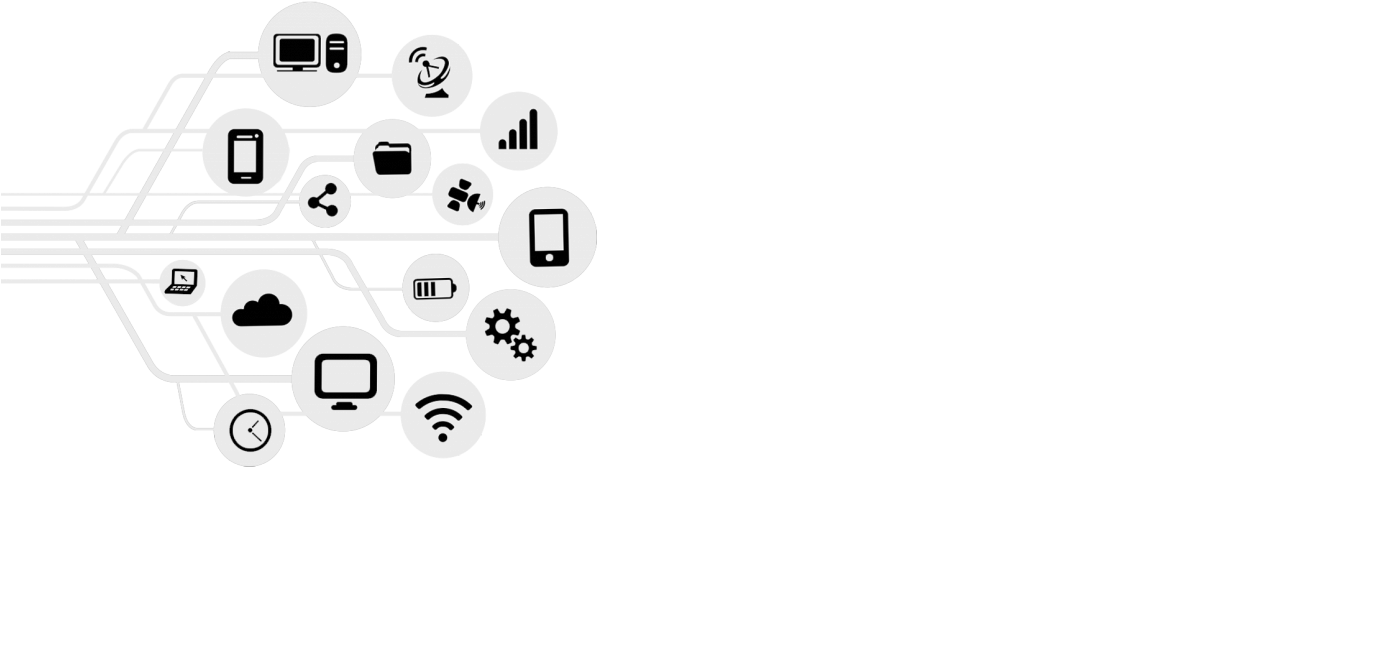
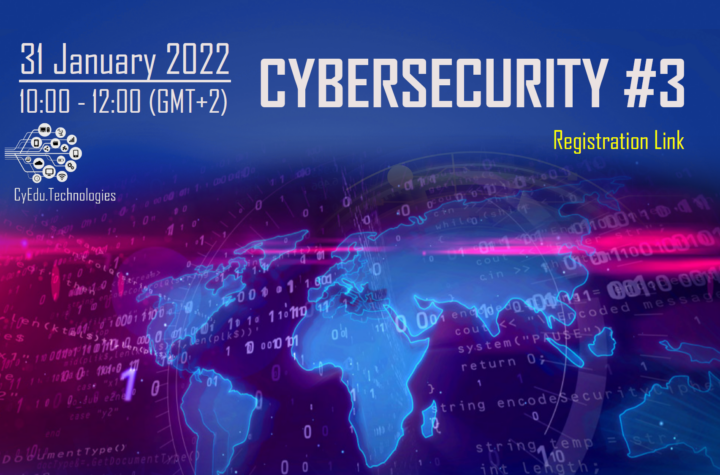
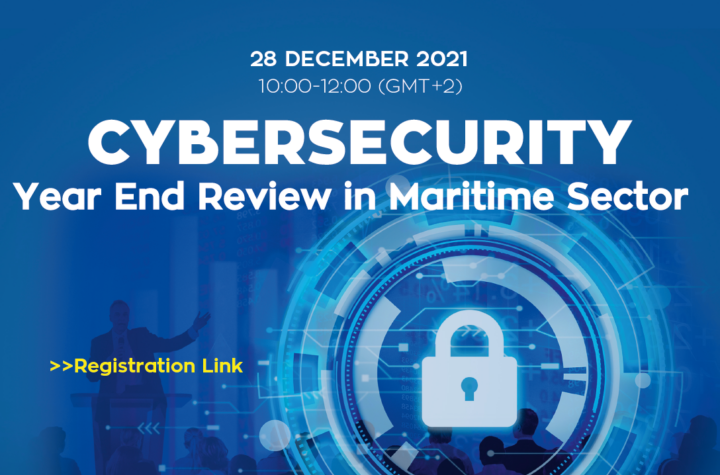
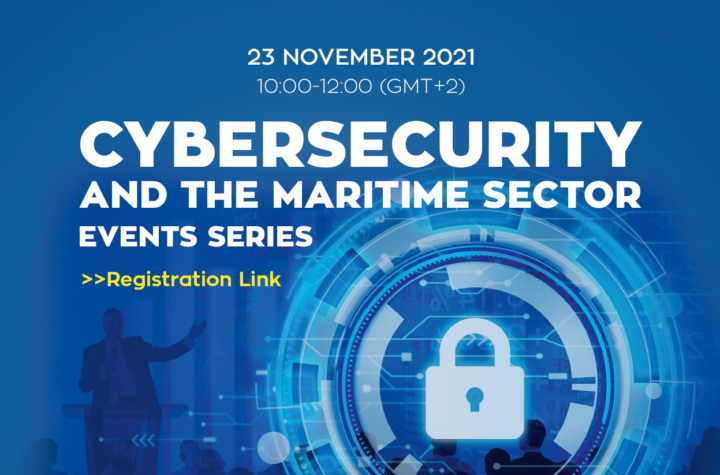
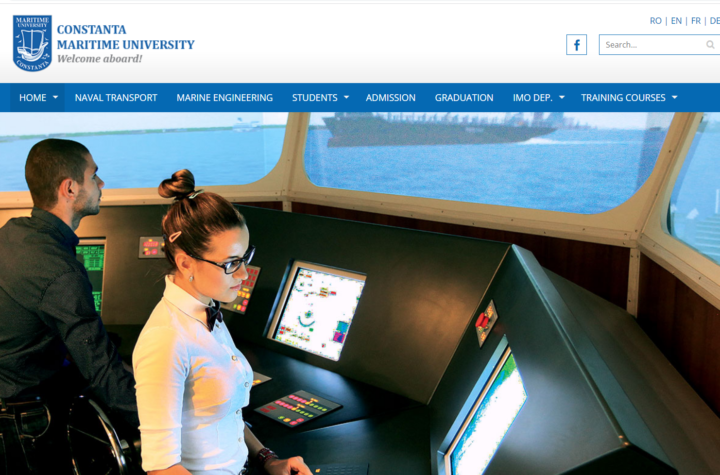
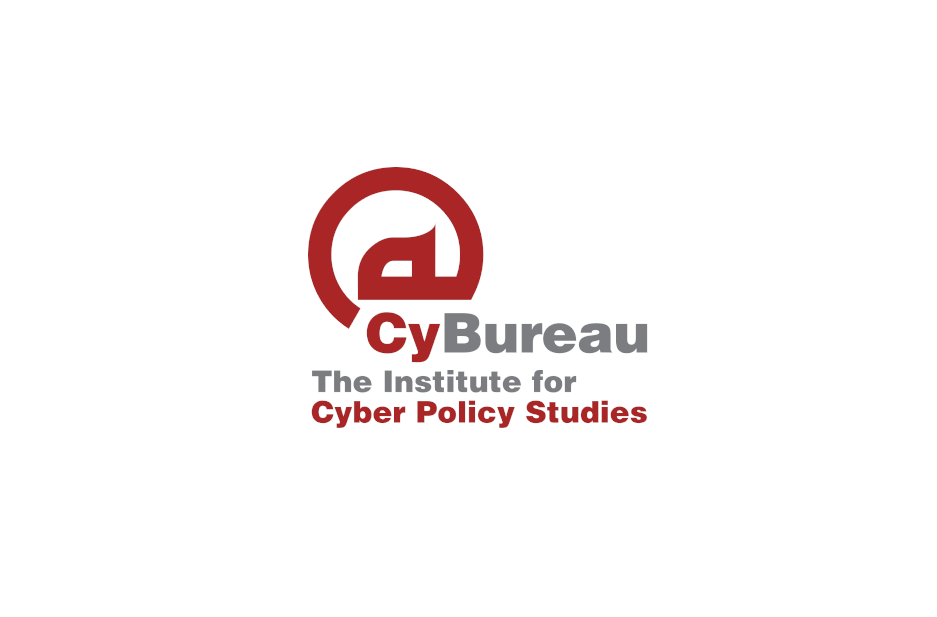
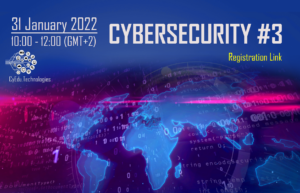
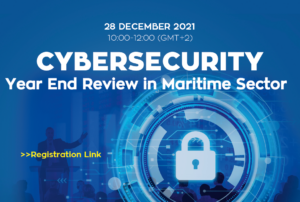
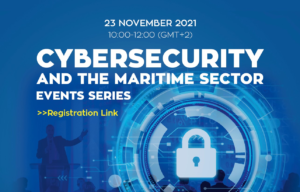
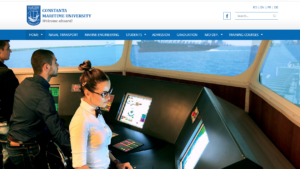
More Stories
TID-Group
OPNsense
FlanScan